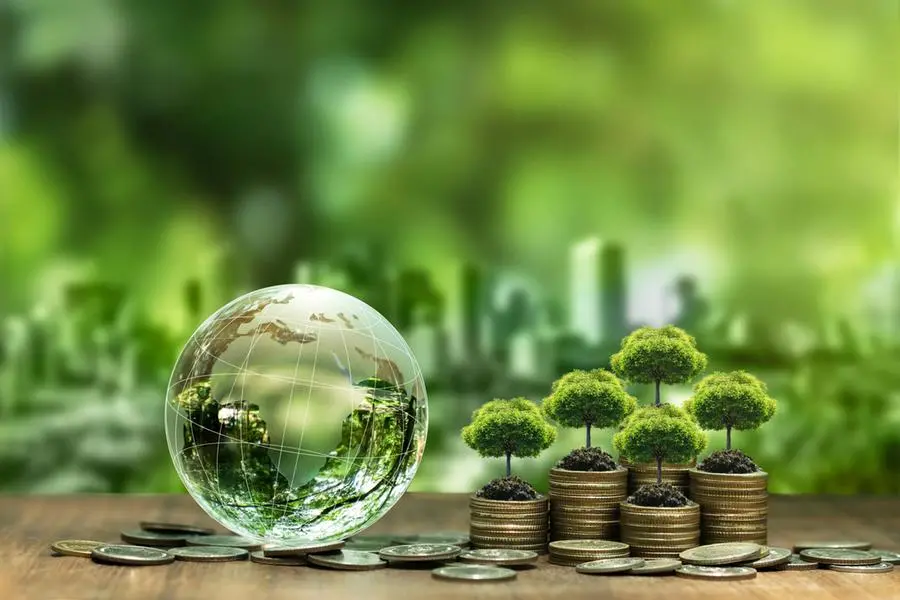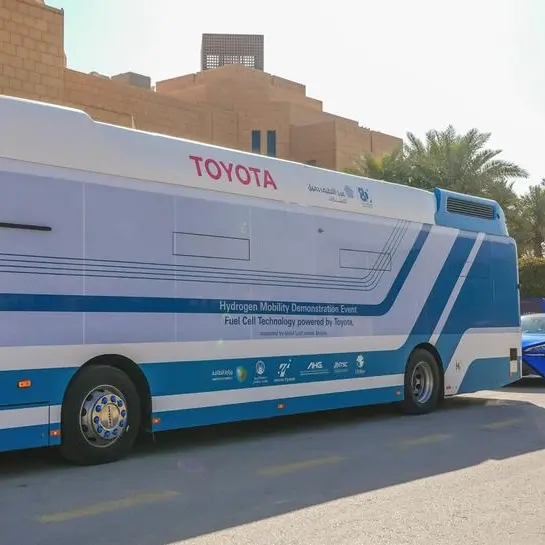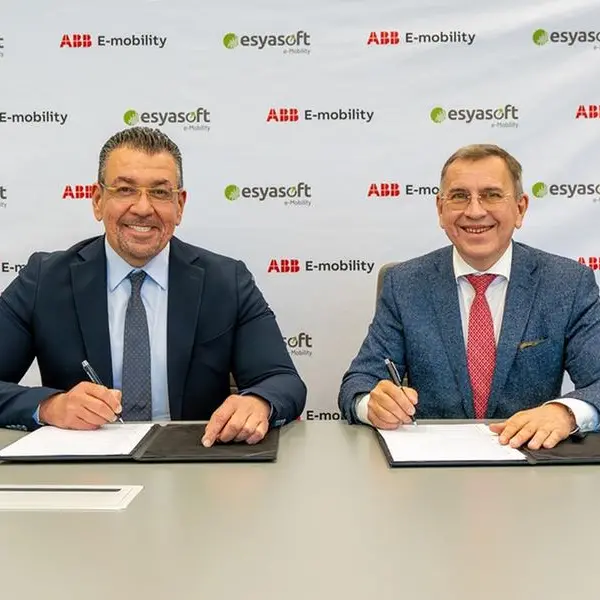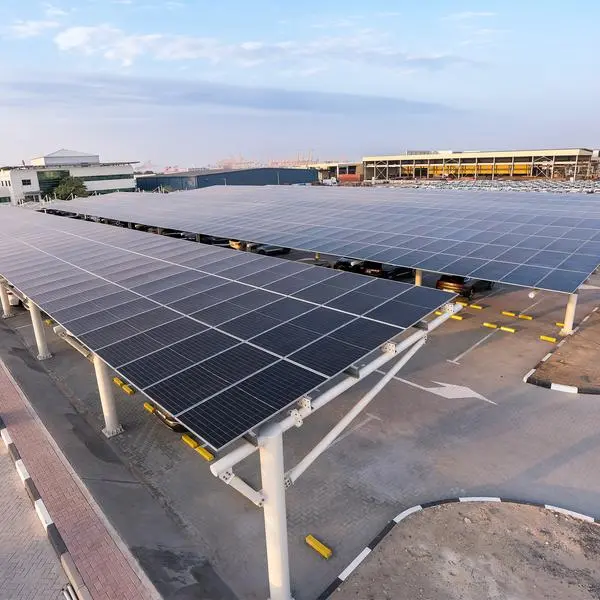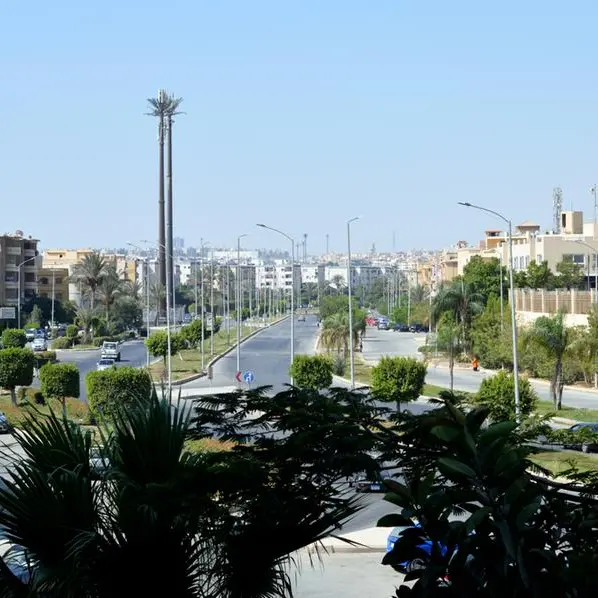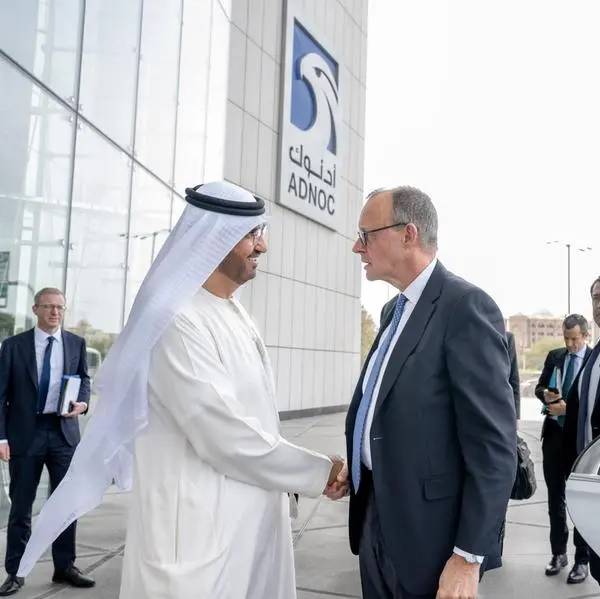PHOTO
ABU DHABI: Driven by the global surge in demand for sustainable finance, the GCC is strategically leveraging it to diversify its economies and accelerate progress towards net-zero goals.
A new report by KPMG Lower Gulf and First Abu Dhabi Bank (FAB) found that sustainable finance has a pivotal role in driving economic growth, job creation, and diversification across the GCC.
The report, titled ‘The Sustainable Finance Imperative’, examines how climate-smart investments, estimated to total $23 trillion across emerging markets, and other instruments are reshaping the region’s economic future. Launched on the sidelines of Abu Dhabi Sustainability Week, the report emphasises how sustainable finance is key to addressing global climate goals and fostering long-term resilience in the region.
The report outlines how the GCC’s focus on green investments is projected to contribute up to $2 trillion to regional GDP by 2030, primarily through sectors such as renewable energy and sustainable infrastructure. FAB, the UAE’s largest bank, has facilitated AED216 billion in sustainable and transition financing projects — 43% of its 2030 target of AED500 billion — as ESG-focused financing is driven by clear client demand.
Green investments are expected to create over one million jobs by the end of the decade, with the UAE already committing $16.8 billion toward renewable energy initiatives. CEOs in the region increasingly recognise the value of ESG-driven strategies, with 56% expecting significant returns from sustainability investments within the next five years, signalling a shift in corporate priorities towards long-term resilience. The findings of this report come at a crucial time as the region ramps up its efforts to combat climate change and shift to a low-carbon emission environment.
Fadi Al Shihabi, Partner and ESG Services Leader at KPMG Lower Gulf, said: “This report illustrates how sustainable finance is not only transforming the GCC’s economic landscape but is also creating critical opportunities for diversification and value creation. As the region transitions to a low-carbon economy, financial institutions and policymakers must collaborate to leverage these opportunities and build a more sustainable and resilient future.”
The report provides detailed insights into how financial instruments facilitate the merging of ESG principles across the GCC’s transition. Flagship projects such as the Mohammed bin Rashid Al Maktoum Solar Park in the UAE and the NEOM Green Hydrogen project in Saudi Arabia are leading examples of how sustainable finance is enabling large-scale, climate-resilient developments. These projects show the transformative potential of green finance for environmental and economic goals, positioning the GCC as a leader in the global energy transition. The GCC is set to capitalise on emerging climate-smart investments further, with sustainable projects set to drive GDP growth and create substantial employment opportunities, especially in the renewable energy and infrastructure sectors.
The report also emphasises the critical role of sustainable finance in attracting foreign direct investment (FDI) and fast-tracking economic diversification. By aligning financial flows with national sustainability strategies, the GCC is establishing itself as a global leader in sustainable finance.
